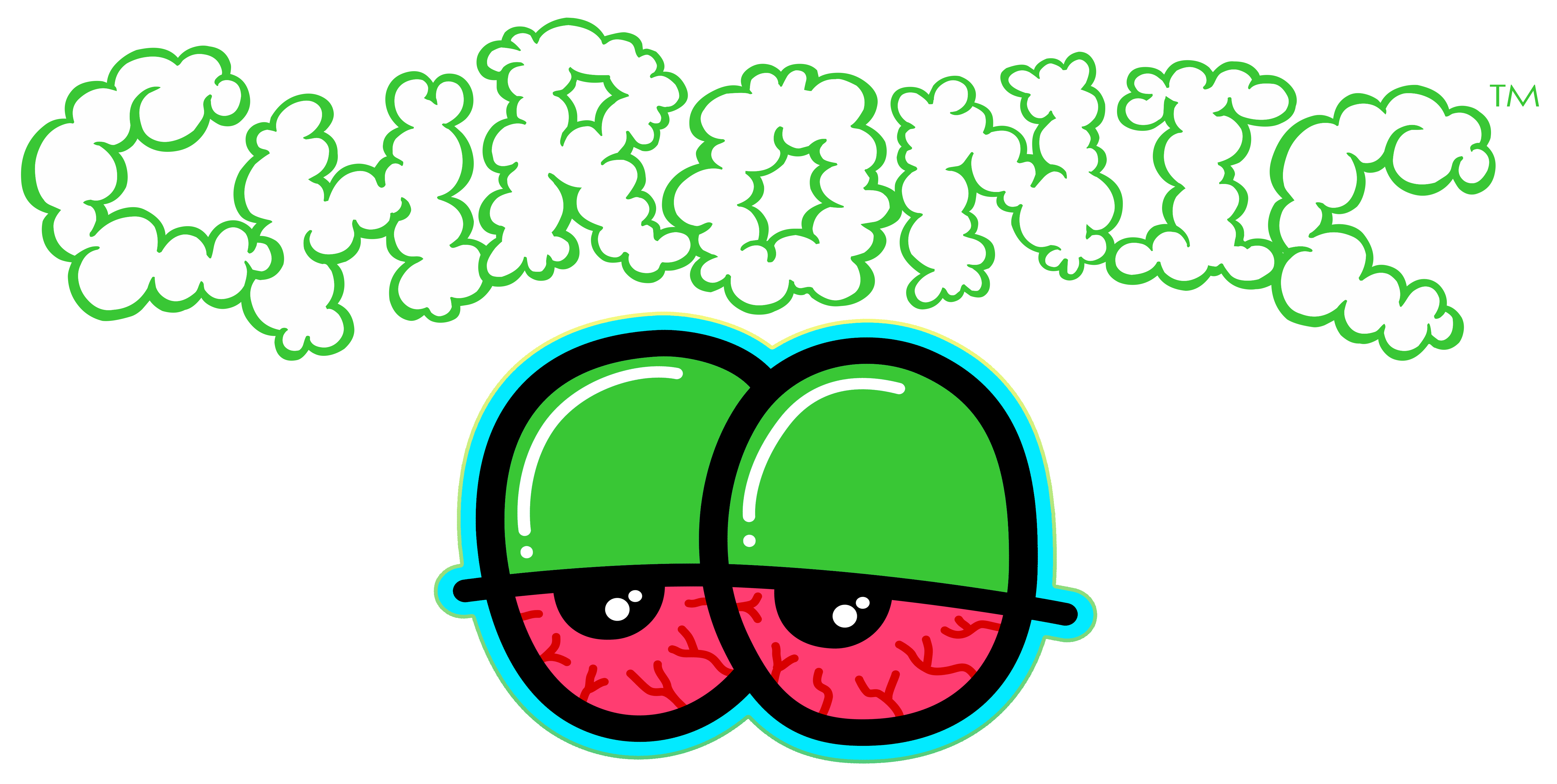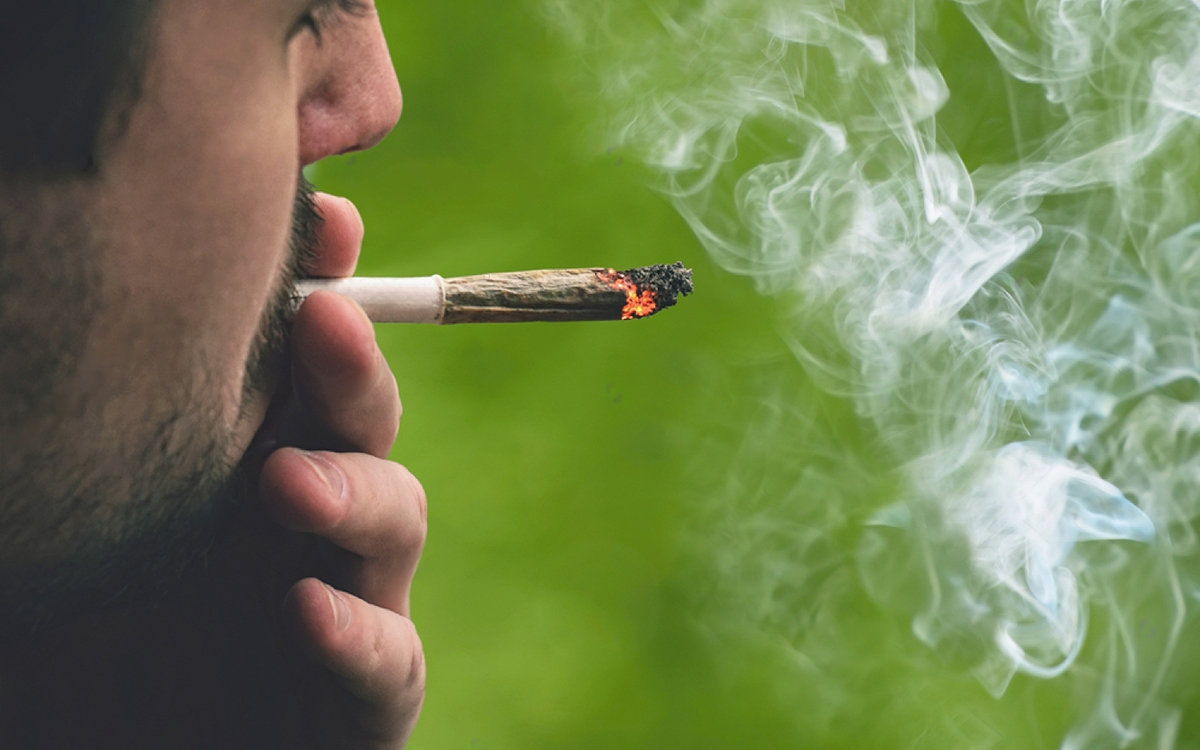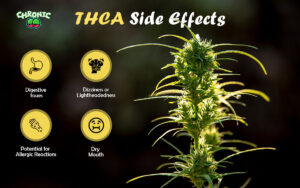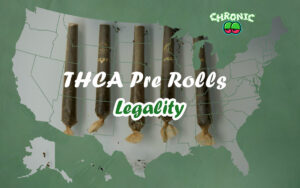Smoking Age Limit for THCA is varies with the different states, but overall the states which allows THCA Consumption set a age limit of minimum 21 years old, except some states. Below we’ve discuses every states with it’s Age restriction and a Legal Status of THCA. Before moving on to the restriction, first let’s know what exactly THCA means?
Well, THCA is an abbreviation that stands for Tetrahydrocannabinol acid. This is a naturally occurring non psychoactive cannabinoid found in raw cannabis.
THCA has anti-inflammatory and neuroprotective properties, and the ability to stop nausea. The actual age limit concerning access to the products in THCA shall depend on each state regulation or law.
What is THCA?
THCA is actually the short form for Tetrahydrocannabinol Acid-a cannabinoid of cannabis plants, which does not show psychoactive properties. It is the acidic precursor cannabinoid to THC, responsible for psychoactive effects in said plant.
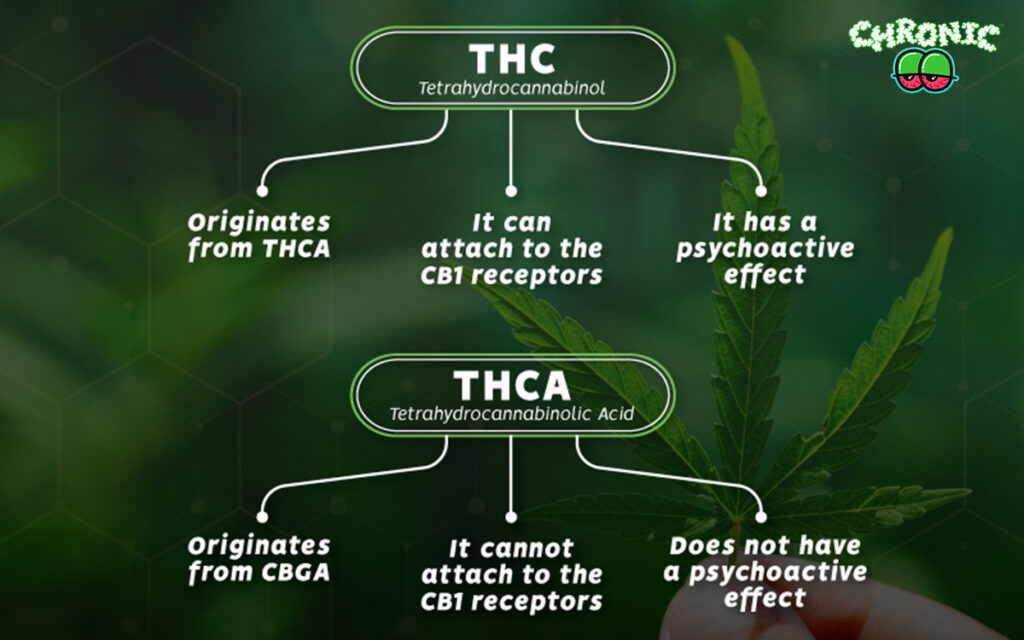
When THCA heats up, such as with smoking or cooking, it becomes THC. This cannabinoid has been associated with anti-inflammatory, neuroprotective, and antiemetic actions, among others, for possible medical benefits.
Unlike THC, however, THCA does not get people high and has been popular with those looking for medicine absent intoxication. It can be sold as raw cannabis juices, tinctures, and capsules, among a thousand others.
Legal age to have THCA by State?
There is no uniform legal age of possession and consumption for all states in the U.S. regarding the substance THCA. Probably this is due to the fact that each state handles such a matter differently, whether it be medicinal purposes or recreational uses.
Below is a quick rundown of which states allow what in terms of legal age.
Recreational Use: Those states allowing recreational cannabis create minimum ages of 21 years old. Examples include California, Colorado, and Illinois.
On the other hand, medical cannabis is allowed in states that permit it, starting from a different legal age. Most of the states allow patients aged 18 years and above on the presentation of any qualifying condition and upon recommendation by a physician.
Other states, such as Florida and Pennsylvania, allow all above 18 years of age but allow other states even minors on prescription, such as New York, with parental consent.
Related Article: 7 states that may legalize Cannabis in 2024
Mixed Regulations: Many states combine their regulations. Example, in Texas, adults above the age of 18 years may get a medical prescription for cannabis. This state has very strict limits on the THCA content.
Illegible states: In those states where cannabis has been banned, the possession and use of THCA is illegal, without consideration of age.
That being said, it is cautious to investigate state-specific regulations as the laws change at an incredibly high rate.
Always check the local law or legal resources for compliance with current laws on cannabis use.
Table Including all 50 US States with their Smoking Age Limit for THCA , Bans, Restriction and a Legal Status
Generally speaking, access to the products THCA and any other cannabis products is reserved for those 21 years old and above unless in medical cases where it can be 18 years old with some kind of authorization. Below is a tabular presentation of all the states in the United States and minimum smoking age limit for THCA and bans on the use of Tetrahydrocannabinol acid.
Here’s the combined table showing the smoking age limit for THCA and legal status of THCA across all U.S. states:
| State | Minimum Age to Purchase/Smoking THCA | Legal Status of THCA |
|---|---|---|
| Alabama | 19 | Legal for medical purpose; not legal for recreational purpose |
| Alaska | 21 | Legal for both recreational and medical purposes |
| Arizona | 21 | Legal for both recreational and medical purposes |
| Arkansas | 21 | Legal for medical purpose; not legal for recreational purpose |
| California | 21 | Legal for both recreational and medical purposes |
| Colorado | 21 | Legal for both recreational and medical purposes |
| Connecticut | 21 | Legal for medical purpose; not legal for recreational purpose |
| Delaware | 21 | Legal for both recreational and medical purposes |
| Florida | 21 | Legal for medical purpose; not legal for recreational purpose |
| Georgia | 18 | Legal for medical purpose; not legal for recreational purpose |
| Hawaii | 21 | Legal for both recreational and medical purposes |
| Idaho | None | THCA illegal |
| Illinois | 21 | Legal for both recreational and medical purposes |
| Indiana | None | THCA illegal |
| Iowa | 21 | Legal for medical purpose; not legal for recreational purpose |
| Kansas | None | THCA illegal |
| Kentucky | 21 | Legal for medical purpose; not legal for recreational purpose |
| Louisiana | 21 | Legal for medical purpose; not legal for recreational purpose |
| Maine | 21 | Legal for both recreational and medical purposes |
| Maryland | 21 | Legal for medical purpose; not legal for recreational purpose |
| Massachusetts | 21 | Legal for both recreational and medical purposes |
| Michigan | 21 | Legal for both recreational and medical purposes |
| Minnesota | 21 | Legal for medical purpose; not legal for recreational purpose |
| Mississippi | None | THCA illegal |
| Missouri | 21 | Legal for medical purpose; not legal for recreational purpose |
| Montana | 21 | Legal for both recreational and medical purposes |
| Nebraska | None | THCA illegal |
| Nevada | 21 | Legal for both recreational and medical purposes |
| New Hampshire | 21 | Legal for medical purpose; not legal for recreational purpose |
| New Jersey | 21 | Legal for both recreational and medical purposes |
| New Mexico | 21 | Legal for both recreational and medical purposes |
| New York | 21 | Legal for both recreational and medical purposes |
| North Carolina | 21 | Legal for medical purpose; not legal for recreational purpose |
| North Dakota | 21 | Legal for medical purpose; not legal for recreational purpose |
| Ohio | 21 | Legal for medical purpose; not legal for recreational purpose |
| Oklahoma | 21 | Legal for medical purpose; not legal for recreational purpose |
| Oregon | 21 | Legal for both recreational and medical purposes |
| Pennsylvania | 21 | Legal for medical purpose; not legal for recreational purpose |
| Rhode Island | 21 | Legal for both recreational and medical purposes |
| South Carolina | 21 | Legal for medical purpose; not legal for recreational purpose |
| South Dakota | None | THCA illegal |
| Tennessee | None | THCA illegal |
| Texas | None | THCA illegal |
| Utah | 21 | Legal for medical purpose; not legal for recreational purpose |
| Vermont | 21 | Legal for both recreational and medical purposes |
| Virginia | 21 | Legal for both recreational and medical purposes |
| Washington | 21 | Legal for both recreational and medical purposes |
| West Virginia | 21 | Legal for medical purpose; not legal for recreational purpose |
| Wisconsin | None | THCA illegal |
Most states have set the minimum age for the purchase or use of THCA 21 years. Still, some of them including Georgia allow the use when the individual attains 18 years of age.
Generally, THCA is permitted in those states where cannabis has been legalized either medically or recreationally. In return, Idaho, Mississippi, Nebraska, South Dakota, Tennessee, Texas and Wisconsin have wholly prohibited the drug.
Since cannabis laws keep evolving day in and day out, one should be informed that such may vary from state to state; thus, one has to know their state rules. This pertains with the fact that these set rules would affect THCA use both medically and recreationally.
What does it entail when smoked by an underage?
Smoking THCA-Tetrahydrocannabinol acid, the major non psychoactive precursor of THC in cannabis-presents manifold dangers for U.S. youth. The first reason is that it may hamper the development of their brains because the adolescent brain develops until the mid-20s.
Long-term and frequent use of cannabinoids alters the cognitive processes, memory, and emotional regulation; hence, it assures long-term impacts on academic performance and psychological well-being.
This is because it is illegal for them to smoke, which can result in a number of legal hassles that involve fines, compulsory drug education programs, or even some kind of criminal charges that could have an adverse impact on their future college admissions and job prospects.

Most likely, there would be a social stigma of peers and adults that would put underage smokers in isolation or at further risk for substance use disorders. The second reason is that early exposure to cannabis normalizes drug use, thus attributing to a greater risk of using other substances.
While THCA is supposedly less harmless than THC Healthwise, anything one inhales may pose a risk to the respiratory system, such as chronic bronchitis or even lung damage.
What is more important, underage users might have a too-low estimate of how potent a product is, hence putting them in danger in case they move further into using THC later on. All in all, the use of THCA by underage citizens may bring very extensive and dangerous effects.
